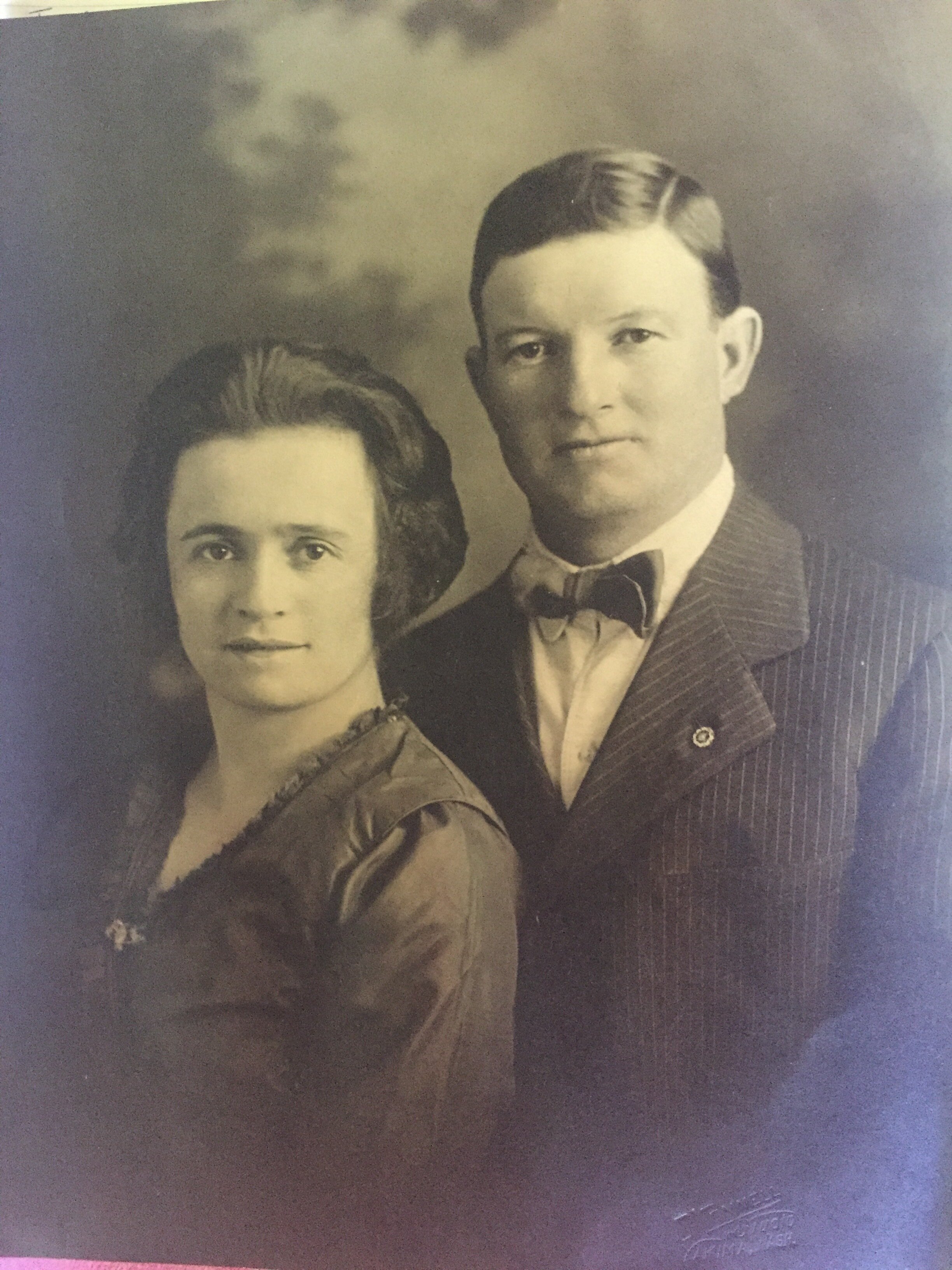This inspirational talk on “genealogical consciousness” forever changed my thinking about the power of family history to save the world. Do away with hate, racism, sexism and move toward a global community where all are treated equally? Yes, please!
 When I travel to various seminars and conferences I have a morning routine in my hotel room that includes listening to a podcast or two. I listen to all kinds of things from NPR’s Radio Lab and Planet Money, to podcasts about marketing and running a business, to more spiritual topics like BYU’s weekly devotional. Occasionally I learn something that honestly changes the way I see the world, or my business, or myself. That happened one day in late 2017, and I have been thinking about it ever since.
When I travel to various seminars and conferences I have a morning routine in my hotel room that includes listening to a podcast or two. I listen to all kinds of things from NPR’s Radio Lab and Planet Money, to podcasts about marketing and running a business, to more spiritual topics like BYU’s weekly devotional. Occasionally I learn something that honestly changes the way I see the world, or my business, or myself. That happened one day in late 2017, and I have been thinking about it ever since.
Family History to Save the World?
I was listening to Amy Harris, Associate Professor in the Department of History at Brigham Young University, talking about dead cats. You’ll have to hear (or read) THAT story for yourself (see below). What really got my attention was her account of how one William Dade, seemingly unremarkable in every way, did something remarkable. Without any fanfare, he began to include more information in the records of his small English parish round about 1770.
It wasn’t the record keeping itself that was so noteworthy, Harris says, but his motivation for doing so. “What motivated him were future people and their needs; Dade was thinking of how his actions would echo beyond his lifetime into strangers’ lives.” She continues:
“He tapped into the apparently universal human ability to think about the future and the inclination to belong and connect…he was thinking about relationships across time—across vast stretches of time—and he was thinking beyond the barrier of personal acquaintance to encompass strangers.”
“Genealogical consciousness”
Harris calls this willingness to think this way genealogical consciousness. She defines it as “an ethic, a moral way of behaving based on seeing oneself and one’s actions as inextricably linked with past, present, and future people’s lives and hopes.”
Did you catch that? That YOU are linked with the past, present and future? I feel that: a need to impact the future by turning them to the past, but I don’t always know what to do with it. Thankfully, Harris gives us some direction. Essentially she tells us to DO GENEALOGY.

My great grandparents James and Minnie Reese
She means more than pursuing names and dates. “We…make the consumption of more information more important than getting to know those who held the names we seek. This is meaningless and exhausting as we chase after ever more elusive proof of our righteous genealogical knowledge, as we constantly learn but never come to a knowledge of the truth [about our people]. We tire ourselves endlessly in the doing… thinking we can save getting to know them for ‘later.’ But getting to know ancestors is the point. It is where the real power lies—not the other way around.”
She helped me understand that when I get to know an ancestral stranger, it opens the door in my mind and heart to get to know other strangers. “Developing genealogical consciousness requires that we think about strangers in the past, it develops the possibility of thinking about strangers in the present and strangers in the future and about how our relationships and actions will last beyond death and echo into future strangers’ lives. In doing so, genealogical consciousness makes heavy demands: it demands that we act more compassionately.”
This message echoes in my mind often as I consider my responsibility towards the strangers in my life, especially you, dear reader. I am honored to have a voice in your life, and I am determined to make sure it is worth your effort. I want to move myself further along this path of genealogical consciousness so I can help you along your path.
I truly believe what Amy Harris stated in her closing remarks, that genealogical consciousness “holds a promise to erode racism and sexism; to reduce to rubble centuries of hatred and discrimination; to bind us together when all other ways of connecting only seem to drive us ever farther apart; and to take our instinct to belong, shatter its tribal proclivities, and replace them with inclinations to Zion” (her term “Zion” is a religious expression for a state of being where all are welcome and respected).
You absolutely have to listen to, watch or read Amy’s talk!
Now it’s YOUR turn.
Share your stories with someone you love so they can start to get to know their ancestors and their stories. Here are some of our favorite ideas for sharing your family history and DNA discoveries with young and old.

